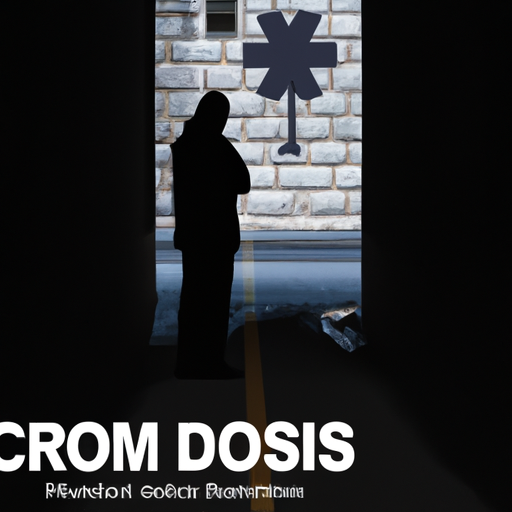Unveiling the Depths of Canada’s Opioid Crisis – A CBC Insight
In a recent piece published by CBC, the overarching severity and implications of the opioid crisis in Canada were strikingly brought to fore. This article will examine the key issues brought up in the video report whilst focusing on measures taken to combat this crisis. Findings reveal a broadened perspective encompassing homelessness, crime rates, and opioid class action suits that are inherently linked to the opioid crisis.
Unraveling the Opioid Crisis in Canada
The opioid crisis in Canada is a complex, multi-faceted issue that permeates across various aspects of society. It bears the toll on the public health system, drastically affects criminal justice mechanisms, and raises pressing socio-economic concerns. The crisis etches deep imprints on the lives and wellness of individuals, particularly those battling homelessness and substance abuse.
The Intersection of Opioids, Homelessness, and Crime
As pointed out in the CBC report, one of the significant effects of the opioid crisis is its strong association with homelessness. Often, individuals grappling with addiction lack a stable living environment thereby, exacerbating the crisis further. This vicious cycle is a formidable challenge to national and local efforts to combat homelessness and opioid addiction simultaneously.
Moreover, the report brings to light the link between opioids and crime. There is a substantial surge in the crime rates, mainly property crime, in regions severely affected by opioid abuse. The consequences of the opioid crisis extend beyond health and morbidity, influencing societal dynamics and public safety in a profound manner.
Opioid Class Action Suits: A Step Toward Accountability?
Combatting the opioid crisis involves a multitude of tactics and strategies. One avenue that’s catching the spotlight is the rise of opioid class action lawsuits, which seek to hold pharmaceutical giants accountable for their roles in enabling the epidemic. But can litigation lead to meaningful change and deterrence? The jury is still out on this, but some believe it’s an important step toward justice and putting an end to negligent corporate behavior.
Resources and Strategies: The Fight Against Opioid Misuse
In the face of escalating demands, resources like naloxone, a lifesaving drug that can temporarily reverse an opioid overdose, have become increasingly significant. These resources, coupled with strategic initiatives like harm reduction methodologies and treatment programs, are central to this battle against opioid misuse.
Key Points from the CBC Report:
- The opioid crisis in Canada is profoundly intertwined with the issues of homelessness and crime.
- There is a surge in the crime rates, particularly property crimes, in regions severely affected by opioid misuse.
- Opioid class action lawsuits are increasingly sought to hold pharmaceutical companies accountable.
- Resources like naloxone and targeted initiatives such as harm reduction programs are pivotal to tackle this crisis.
Wrap-up: Turning Crisis into Recovery
Before we close, let’s look at the key takeaways from this discussion. It’s clear that the opioid crisis is much more than a public health issue; it’s a societal challenge that calls for integrated, synergistic efforts across various sectors. The homelessness, crime rates, and pharmaceutical accountability that run parallel to this crisis underscore the systemic nature of opioid misuse.
But there’s hope. Resources like naloxone and initiatives like harm reduction programs are making a difference, but they need sustained support and expanded reach. Furthermore, such crises mirror deeper societal, cultural, and economic issues that need to be addressed holistically.
Essentially, it’s time to turn the lens away from blaming individuals syphoning into the opioid crisis, and instead, turn the crisis into recovery by focusing on larger systemic changes. A change that involves a shift from punitive actions to supportive and preventive measures. As communities, cities, and a nation, let’s continue transforming our focus, understanding, and action to put an end to this devastating crisis.
